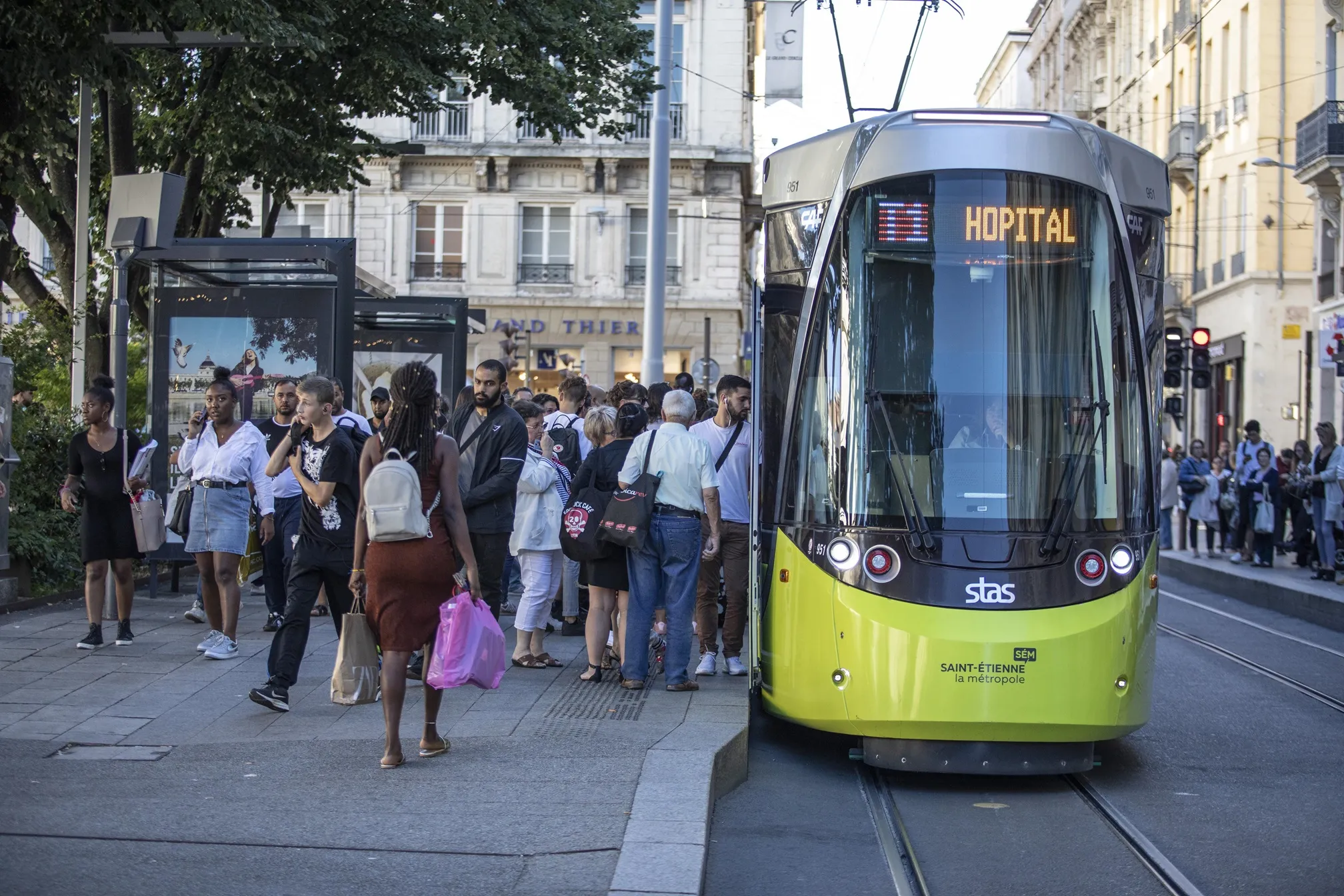Finnish company UPM has tested Finnish wood-based diesel fuel both in laboratory conditions as well as in traffic and says the tests demonstrated that its renewable diesel, UPM BioVerno, works like the best diesel fuels.
The laboratory tests of renewable UPM BioVerno diesel were conducted at the VTT Technical Research Centre (VTT), with field tests in Helsinki region bus traffic in collaboration with Helsinki Region Transport (HSL). The year-long bus field tests measurements were carried out by VTT and t
December 2, 2016
Read time: 3 mins
Finnish company UPM has tested Finnish wood-based diesel fuel both in laboratory conditions as well as in traffic and says the tests demonstrated that its renewable diesel, UPM BioVerno, works like the best diesel fuels.
The laboratory tests of renewable UPM BioVerno diesel were conducted at the814 VTT Technical Research Centre (VTT), with field tests in Helsinki region bus traffic in collaboration with 6995 Helsinki Region Transport (HSL). The year-long bus field tests measurements were carried out by VTT and the tests were also supported by Transdev Finland, 609 Volvo and St1.
The first laboratory tests were with Euro III Class buses, which are widely used on Finnish roads. The tests indicated that UPM BioVerno diesel produced lower emissions than fossil diesel and, compared to other advanced fuels, the emissions of UPM BioVerno diesel were at least as low.
"The use of UPM BioVerno diesel in the current bus fleet instead of fossil diesel would lower emissions from public transport significantly. This is good news as this Finnish wood-based fuel could immediately, and positively, affect the air quality in the Helsinki region," says Sari Mannonen, vice president of UPM Biofuels.
The field tests with buses were conducted by Transdev Finland on a regular bus route using four identical Volvo Euro VI Class buses that have low emissions and efficient engines. The test runs were done using 20 per cent, 50 per cent and 100 per cent UPM BioVerno diesel and St1 was the fuel logistics provider in the tests.
The buses are equipped with diesel particulate filters (DPF) and selective catalytic reduction (SCR) catalysts which are capable of reducing emissions to a negligible level, so the tests did not show any significant differences in emissions between various fuels. In Euro VI Class engines the fuel affects the emissions mainly indirectly: high quality fuel, such as UPM BioVerno, guarantees that the exhaust cleaning systems operate effectively even after driving significant mileage.
According to the test results, UPM BioVerno diesel worked well in all blending ratios, just like the best diesel fuels, and fuel consumption was the same. Together the four buses travelled some 400,000 km without any fuel-related incidents.
"We are happy with the test results – they show that UPM BioVerno could fully replace fossil diesel in current bus traffic. Biofuels have a significant role in our company's targets, as we are aiming for carbon-free public transportation in the Helsinki region," says Reijo Mäkinen, head of the Traffic Services department in HSL.
The bus field tests were part of a larger BioPilot project coordinated by VTT with the aim of encouraging companies to commercialise renewable energy solutions in traffic.
The laboratory tests of renewable UPM BioVerno diesel were conducted at the
The first laboratory tests were with Euro III Class buses, which are widely used on Finnish roads. The tests indicated that UPM BioVerno diesel produced lower emissions than fossil diesel and, compared to other advanced fuels, the emissions of UPM BioVerno diesel were at least as low.
"The use of UPM BioVerno diesel in the current bus fleet instead of fossil diesel would lower emissions from public transport significantly. This is good news as this Finnish wood-based fuel could immediately, and positively, affect the air quality in the Helsinki region," says Sari Mannonen, vice president of UPM Biofuels.
The field tests with buses were conducted by Transdev Finland on a regular bus route using four identical Volvo Euro VI Class buses that have low emissions and efficient engines. The test runs were done using 20 per cent, 50 per cent and 100 per cent UPM BioVerno diesel and St1 was the fuel logistics provider in the tests.
The buses are equipped with diesel particulate filters (DPF) and selective catalytic reduction (SCR) catalysts which are capable of reducing emissions to a negligible level, so the tests did not show any significant differences in emissions between various fuels. In Euro VI Class engines the fuel affects the emissions mainly indirectly: high quality fuel, such as UPM BioVerno, guarantees that the exhaust cleaning systems operate effectively even after driving significant mileage.
According to the test results, UPM BioVerno diesel worked well in all blending ratios, just like the best diesel fuels, and fuel consumption was the same. Together the four buses travelled some 400,000 km without any fuel-related incidents.
"We are happy with the test results – they show that UPM BioVerno could fully replace fossil diesel in current bus traffic. Biofuels have a significant role in our company's targets, as we are aiming for carbon-free public transportation in the Helsinki region," says Reijo Mäkinen, head of the Traffic Services department in HSL.
The bus field tests were part of a larger BioPilot project coordinated by VTT with the aim of encouraging companies to commercialise renewable energy solutions in traffic.









